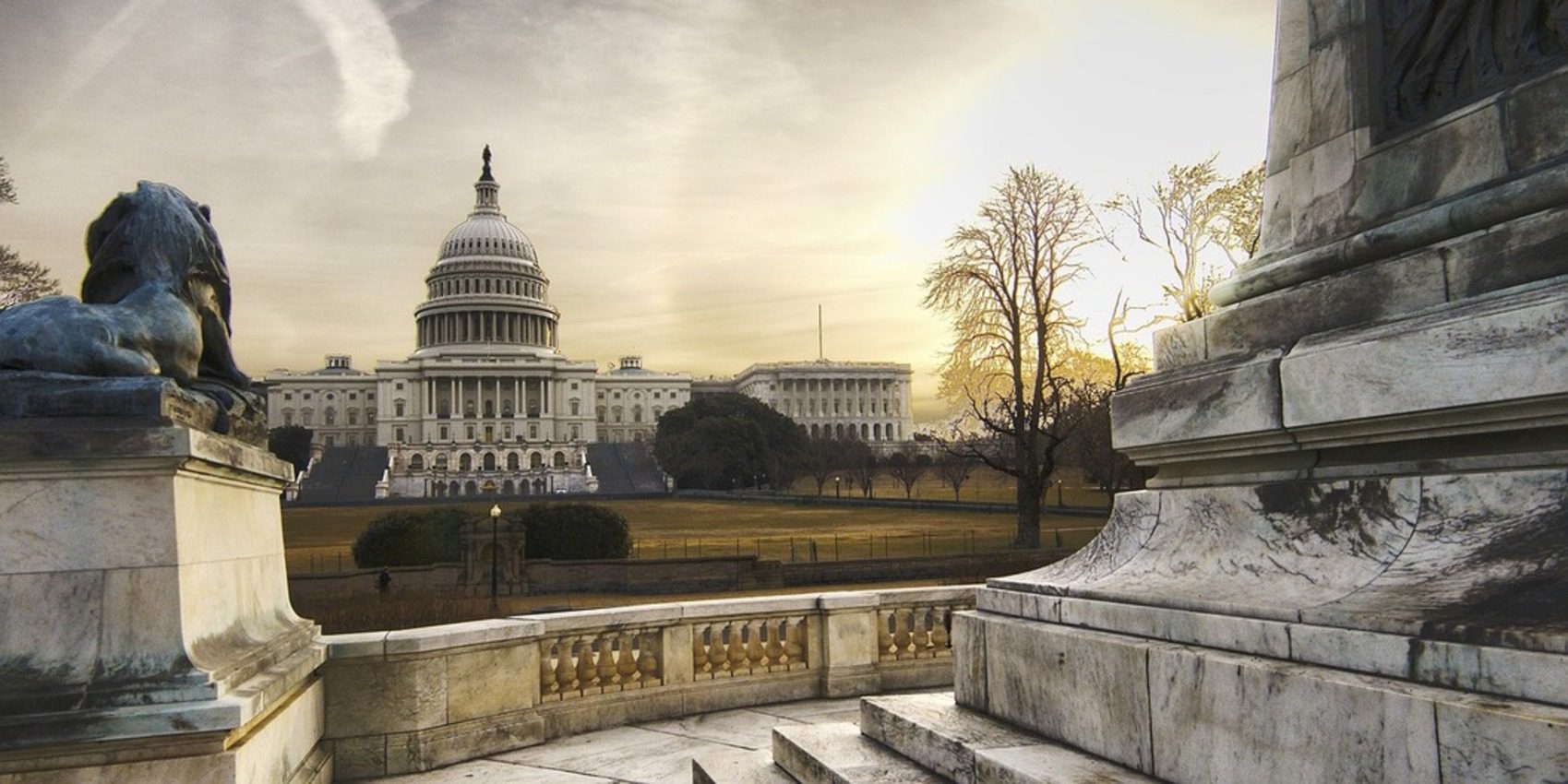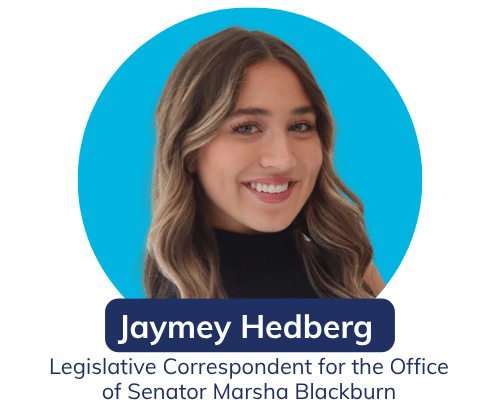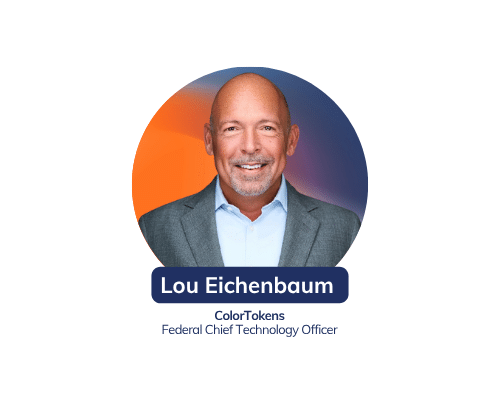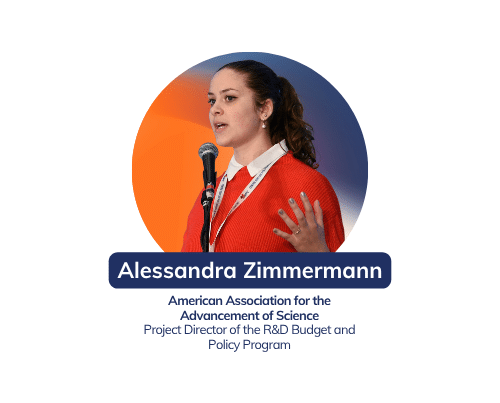Exploring Passion on Capitol Hill
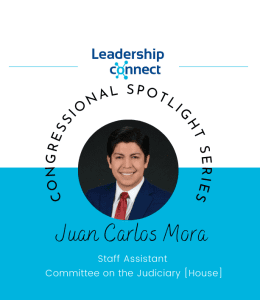 This week, we spoke to Juan Carlos Mora, Staff Assistant for the minority of the House Committee on the Judiciary.
This week, we spoke to Juan Carlos Mora, Staff Assistant for the minority of the House Committee on the Judiciary.
Can you tell me about your career path that you’ve taken that’s led you to where you are now?
I was raised by immigrant parents who fled political corruption and violence in Mexico and Nicaragua. They did not have the wealth or network to connect me into politics, their stories instilled in me the ideals of democratic governance, rule of law, and social equity. These ideals are the bedrock of my career path in public service. I first got my start in politics in the aftermath of the Parkland High School shooting. Along with leaders from each of my town’s high schools, I organized a protest against gun violence and a town hall in which our local congressman, chief of police, and superintendent spoke. That event exposed me to two life-altering realizations: (1) with enough collective action, the public can make a meaningful difference in government; and (2) my vocation involves making a meaningful difference in government.
As a high schooler at the time, I was unaware of what internships were and what they were for. But with the guidance of some early mentors, I started my nascent career in public service with an internship with California State Senator Bill Dodd and some volunteer work for my congressman’s campaign. Witnessing first-hand how a legislative office can both directly help constituents and move important policy issues was crucial. I found the perfect blend of organizing and action.
In college, my career path intersected the three pillars of political work in DC: government, campaigns, and government affairs. I interned for Rep. Mike Thompson (D-CA) and Sen. Alex Padilla (D-CA), but I also interned for government affairs firms, like Cornerstone Government Affairs, and worked on Democratic campaigns. This combination and breadth of experience was particularly compelling for landing my first full time job on the Hill. Each of these three kinds of political work prepared me in unique ways. Interning on the Hill taught me the most about the inner workings of committee and member offices, but accumulating internship experience outside Congress taught me valuable lessons about the ways in which stakeholders contribute their expertise to the development of policies and how campaigns can significantly alter Congress’ legislative agenda from year to year.
I am grateful for the opportunity to leverage my experience for the Democratic Staff at the U.S. House Judiciary Committee as a Staff Assistant. I now support the democratic staff in preparing for hearings and markups, management of our offices and internship program, cross-functional coordination with subcommittee staff and member offices, and policy and legal research on issues under the committee’s jurisdiction.
What policy issues are you most interested/passionate about?
I am personally interested in access to justice and administrative law. Whether for indigent defendants whose substantive legal outcomes are too often determined by their income bracket, or debtors seriously considering a fresh start through bankruptcy, I am passionate about ensuring that all Americans have access to the effective and competent assistance of counsel. I believe access to counsel is a principle intrinsic to our form of limited government, so that liberty is never deprived without an honest, robust, and zealous defense in a court of law. I am also passionate about ensuring that the administrative state works for the American people through well-reasoned and data-driven decisions by experts, rather than judicial patchworks. This intersects with important agency decisions in immigration, social welfare, trade, and labor policy.
How do you manage competing priorities and deadlines when working on multiple legislative projects at once?
I may be old fashioned, but keeping track of my projects with pen and paper has helped me stay organized and on track for as long as I can remember. I find it helpful to sketch out my projects for the week and satisfyingly cross them out upon completion; otherwise, it’s easy for tasks to drift away in my mind or google calendar. But open and transparent communication is also key. If two projects are on a collision course, then being honest with the principal on a project prevents it from falling through the cracks and helps build your credibility. A team-oriented environment where you can rely on colleagues, and they can rely on you, is also helpful when competing priorities are on a non-negotiable collision course.
If you could give one piece of advice to someone interested in working on the Hill, what would it be?
I would certainly echo the typical advice out there: cast a wide net, apply to many offices, grab coffees with folks who could help you in the job search. What I would add to the typical set of advice is something a mentor told me during an internship: make genuine connections. There are plenty of people who can grab coffee with someone and ask terse questions for 30 minutes. Genuinely connecting with a person over coffee, however, transforms the meeting from a one-time, short-term relationship to a reliable, long-term relationship with a person who could become a mentor. I honestly believe you can make a real difference in the application process if you can tell a compelling story about yourself, what you’re doing here, and how you connect to an office’s mission or a person’s story.
To be featured or learn more, reach out to Gabi Thomas, and spread the word to any colleagues who would be interested.
Be sure to follow the LinkedIn profile for more news and to see who is featured each week!


